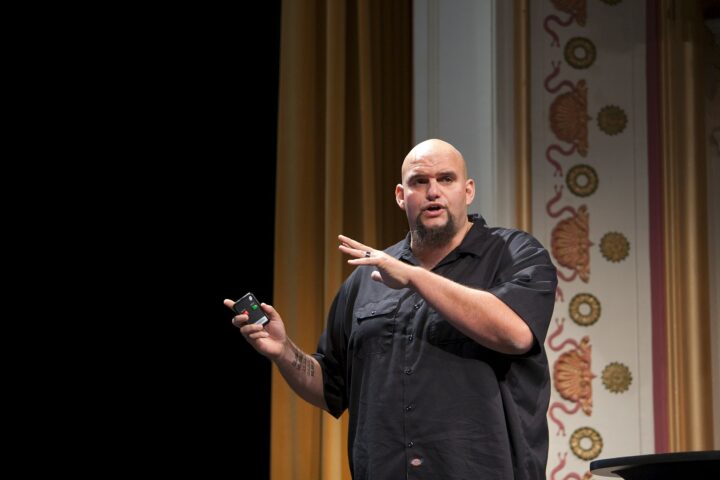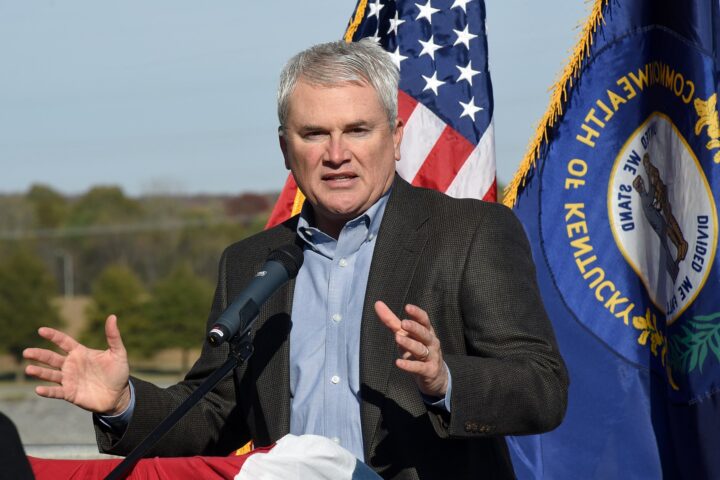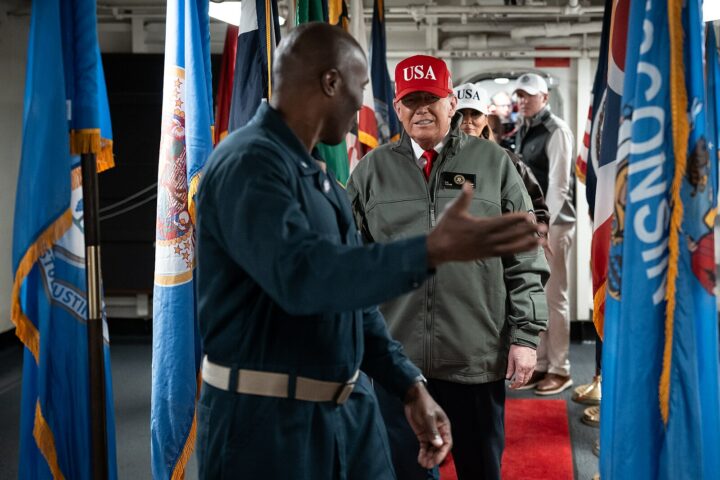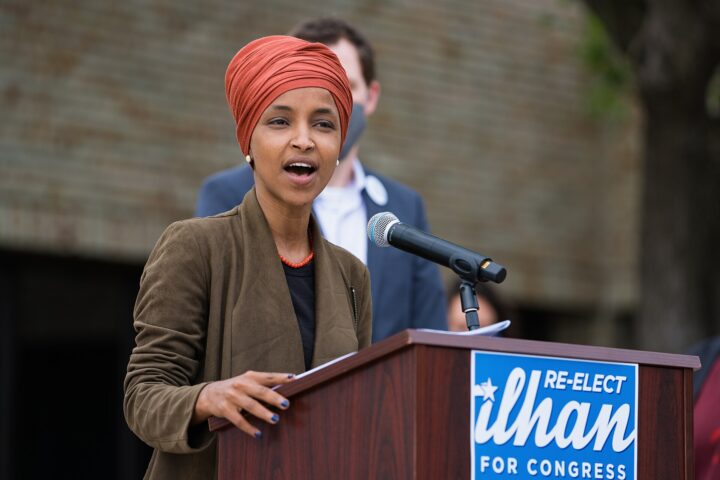The White House reportedly moved swiftly on Tuesday to knock down a surprising assertion from House Speaker Mike Johnson that President Donald J. Trump had once acted as an FBI informant during the government’s investigation into Jeffrey Epstein.
Karoline Leavitt, the White House press secretary, told reporters during a briefing that the claim was without basis. “I think the Speaker was referring to the fact that President Trump kicked Jeffrey Epstein out of his Mar-a-Lago property for reasons the president has already discussed,” she said, stressing that Mr. Trump had no role as an informant.
The remark from Mr. Johnson, made last Friday in response to a question from CNN’s Manu Raju about the Epstein case, injected fresh confusion into an already politically charged subject.
While Epstein, a convicted sex trafficker, had once counted Mr. Trump as an acquaintance, the president has long described any effort to link him to Epstein’s criminal activities as a “hoax.”
Mr. Johnson, seemingly without prompting, suggested that Mr. Trump had in fact worked with federal authorities to help dismantle Epstein’s network. “He was an FBI informant,” Mr. Johnson said. By Sunday, the Speaker had walked back the claim. But the damage lingered, prompting the White House to issue its emphatic denial.
The episode highlights how quickly unfounded assertions can spread in a media environment eager to draw connections between Mr. Trump and Epstein — connections that the president himself has rejected time and again.
Conservative critics point out that even a casual suggestion from a high-ranking Republican like Mr. Johnson risks giving oxygen to narratives they argue are designed to undermine the president politically.
The controversy followed closely on the release of a new piece of evidence by Congress on Monday: a supposed birthday note addressed to Epstein, framed by a sketch of a nude woman, which was attributed to Mr. Trump. The administration immediately dismissed the document as fraudulent.
Officials pointed to inconsistencies with the signature as proof that the president had not authored the letter. “The president did not write it,” Ms. Leavitt reiterated on Tuesday, doubling down on the White House’s rejection of the document’s authenticity.
The note’s publication, timed alongside lingering speculation about Mr. Trump’s ties to Epstein, was seized on by political opponents. But conservatives counter that the timing was suspicious and that the reliance on a disputed sketch and questionable handwriting amounted to little more than a political stunt.
Mr. Trump’s defenders emphasize his long-documented break with Epstein, noting his decision to bar the financier from Mar-a-Lago. The president himself has consistently maintained that his dealings with Epstein were minimal, and that any attempt to suggest otherwise is politically motivated.
For the White House, the broader concern appears to be preventing false claims — even those from figures as prominent as the Speaker — from clouding the administration’s narrative. Ms. Leavitt’s statement was not only categorical but also designed to draw a clear line: the president was not an informant, he did not write the note, and attempts to say otherwise belong in the realm of conspiracy, not fact.
[READ MORE: Democratic Governors Move to Counter Crime Surge While Battling Trump’s Guard Threats]








